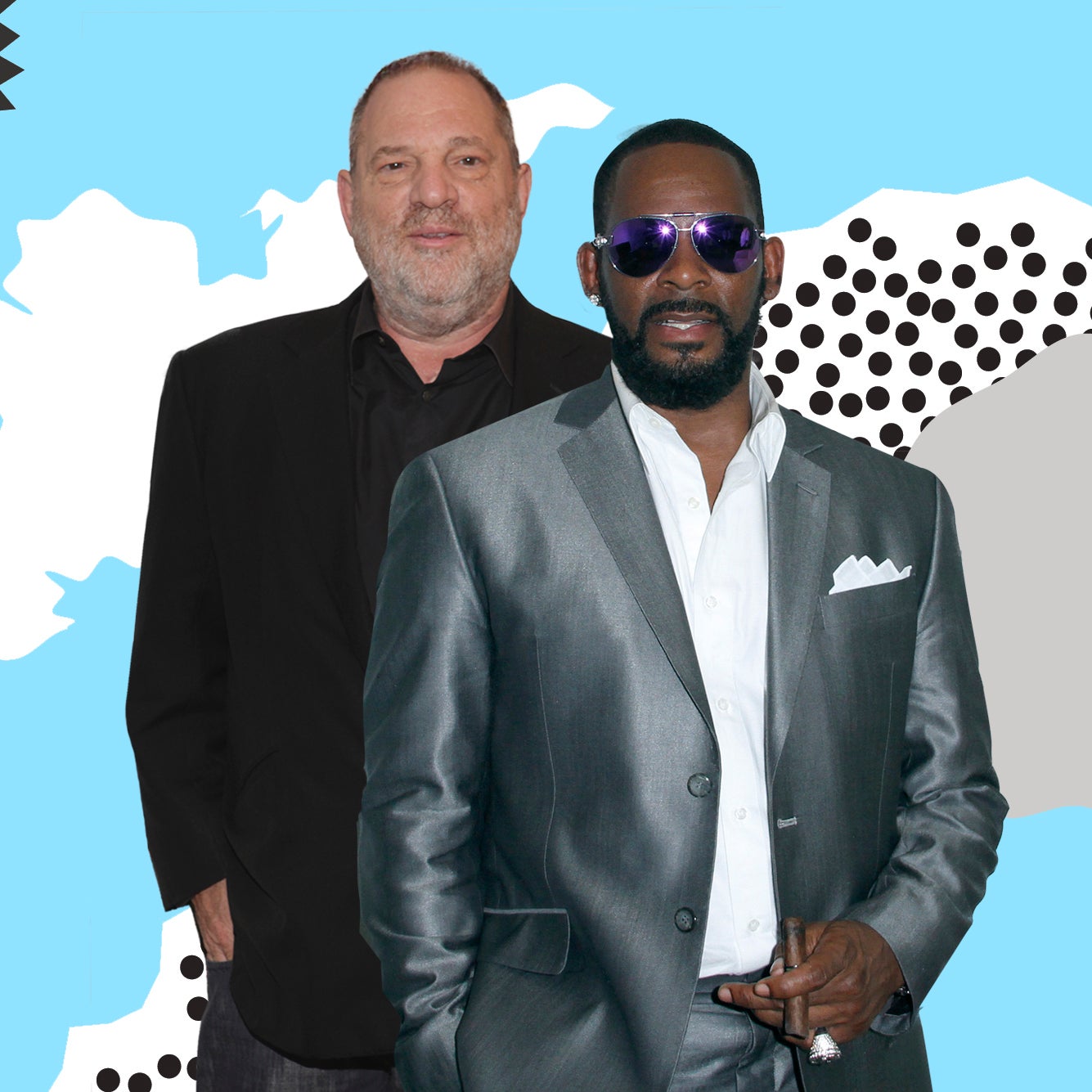
Tales of Harvey Weinstein date back 30 years. The faces of the allegations are largely young, White and female. Some of Hollywood’s most powerful stars, like Angelina Jolie and Gwyneth Paltrow, added their voices to the droves of women who emerged as victims of Harvey’s manipulation. These women are all famous, powerful, and rich. They had no reason to lie. They are brave for sharing their stories after all these years.
That is until Lupita Nyong’o spoke up.
Was her account not salacious enough? Was there not enough public self-pleasure by Harvey? Was her account of denying his advances too strong? I find the silence around Lupita’s story to be disgusting and yet unsurprisingly common around Black accounts of sexual assault and abuse. While no one seems to be asking “why now?” or challenging the veracity of the White Weinstein accusers, this seems to be the common question of the Black women revealing their harrowing accounts of interactions with Bill Cosby, R. Kelly and others.
Each time new details of an encounter are released, comments are littered with iterations that range from “she must be after money,” to “this is a ploy to destroy the Black man,” to the most infamous and damaging victim shaming rhetoric, “why would she wait this long?”
Why would she wait this long? Maybe because she too falls into the statistics of African-American womes who are less likely than White women to use social services or go to the hospital although they experience intimate partner violence at a 35 percent higher rate than White women.
Why would they wait this long? Maybe because they too feared falling into the statistic of African-American women who experience intimate partner homicide at higher rates than White women.
Why would she wait this long? Maybe because she too lives in a state that, by law, limits her time to report and by the time she found the strength to speak up, the law no longer protected her. (California just eliminated the statute of limitations for some rape cases in September 2016 based off the Cosby allegations).
Why is it that White revelations of abuse are able to create an industry windstorm, bringing new breath to the #MeToo hashtag, firings and demands for other Hollywood villains like James Toback to be held accountable while black cries are met with skepticism?
#MeToo was created for Black women to connect with other Black women. That connection is about more than acknowledging sexual harassment or assault, but being our sister and brother’s keeper. #MeToo includes all of us that know that “one creepy guy” but never call him out on his behavior. It includes all of us that have that one family member we need to “watch the kids around” but never acknowledge why. It includes all of us strong Black women that have put on that cape for our Black men who we feel have too many other societal strikes against him, so we wear the brunt of his frustration in the form of excuses for his indiscretions.
Instead of lecturing our girls on how to dress and protect each other, the time is now to have conversations with our boys and men about how to treat women. Instead of funding out of court hush money settlements with ticket and albums sales, the time is now to take a stand against industry abuse as consumers of entertainment.
The time is now to enact tougher laws against perpetrators of sexual assault that take into account victims may not immediately report abuse. The time is now to stop protecting abusers with silence and call out rape/assault culture for what it is in the entertainment industry that thrives on our most vulnerable populations of women and children.
At what point will we value our Black women more than music and movies? At what point will we hold the actor, the philanthropist, the R&B singer, the guy next door, our frat brother, our uncle, coach, pastor accountable for their actions? Honestly, I don’t want another hashtag. I want accountability.
—
Shay M. Lawson is an entertainment attorney and diversity consultant based in Atlanta. An alum of Hampton University, Shay is a Board member of the Atlanta Chapter of the Recording Academy and has been a featured TEDxJnJ speaker on the topic of diversity and inclusion. She can be found on Twitter at @ShayMLawson.